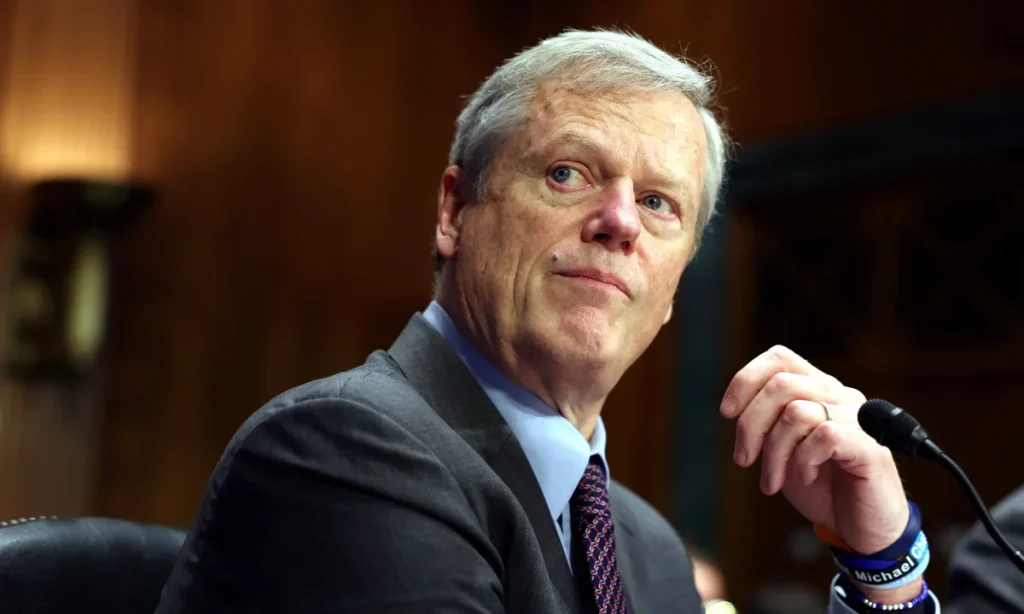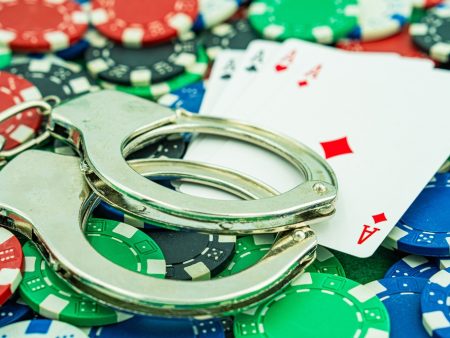Experts warn Congress of a rapidly growing public health crisis. All available data points to increasing issues stemming from America’s gambling boom.

Now legal in 38 states, sports betting has exploded across the United States over the past six years. With young people among those affected, campaigners, as well as clinicians say addiction levels have grown during this surge. Athletes and sporting officials say harassment has risen too.
A handful of senators signaled they could support a federal crackdown on Capitol Hill. However, the industry is already pushing back.
Harry Levant, a gambling addiction counselor and director of gambling policy at the Northeastern University School of Law’s Public Health Advocacy Institute, is a recovering gambling addict himself. He said that he is not opposed to sports gambling. In fact, he supports the properly regulated legalization of sports gambling.
However, Levant stressed this recently while addressing the Senate Judiciary Committee. He is vehemently opposed to and deeply concerned about what has transpired since 2018. That year, the Supreme Court overturned a decades-old federal ban on legalizing sports betting.
According to Levant, a complex network of firms, including betting giants, sports teams, and media companies, is now acting in concert. They are delivering online gambling at light speed and ensuring that access to sports gambling action never stops. He also said that this new and AI-fueled business model will inexorably result in increased gambling addiction and gambling-related harm.
Johnson Bademosi, a former NFL player also sounded the alarm. He told the hearing that gambling is a serious disease that has the potential to ruin the lives of not only the bettor, but also the people and family of the addict as well. Bademosi added that those who are suffering must receive the appropriate resources and support to recover.
The former Massachusetts governor and current president of the National Collegiate Athletics Association said that lawmakers should dedicate significantly more attention to gambling on college campuses. This would help protect sports and students from the dangers of pervasive sports betting.


